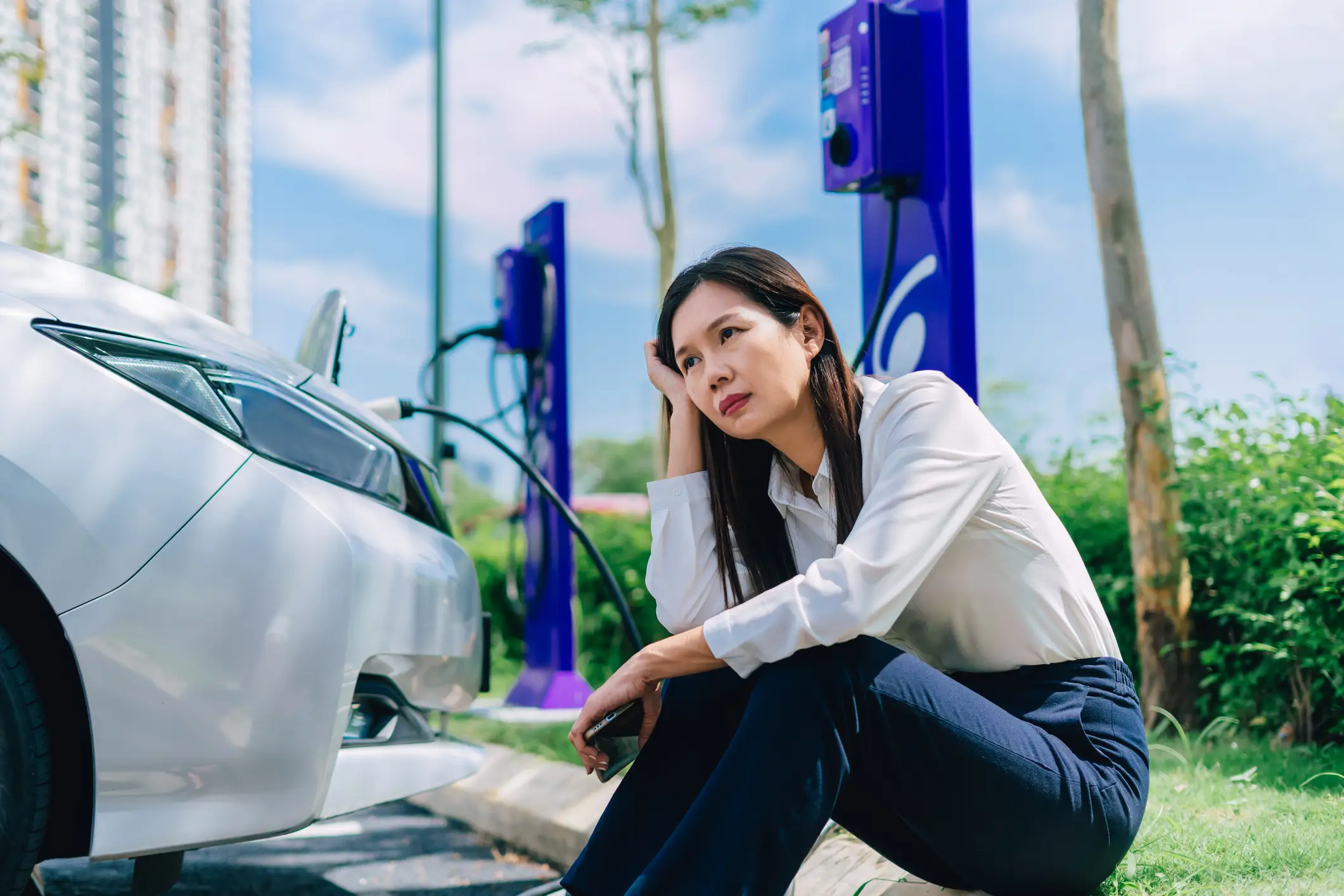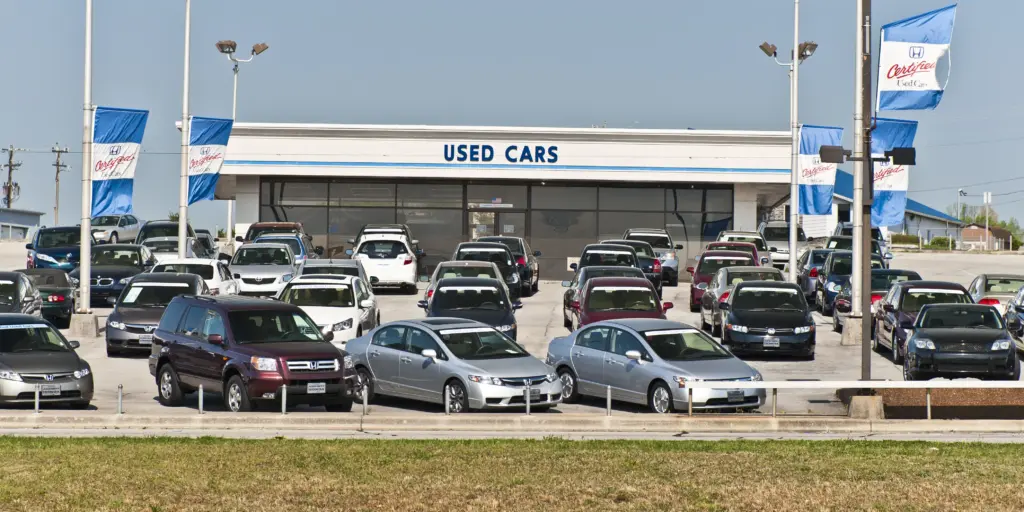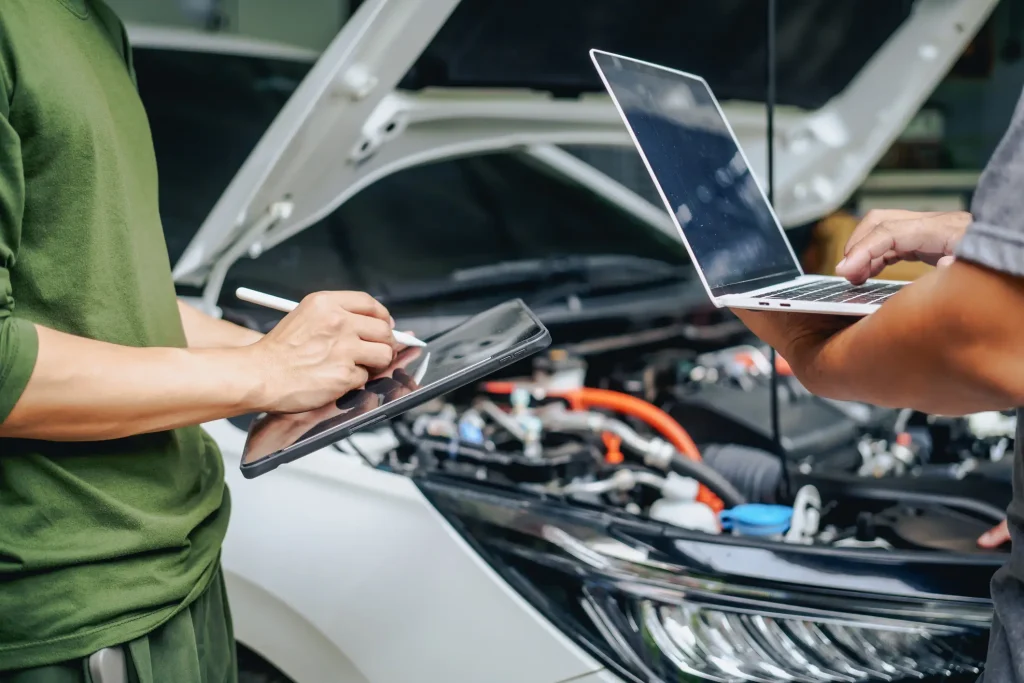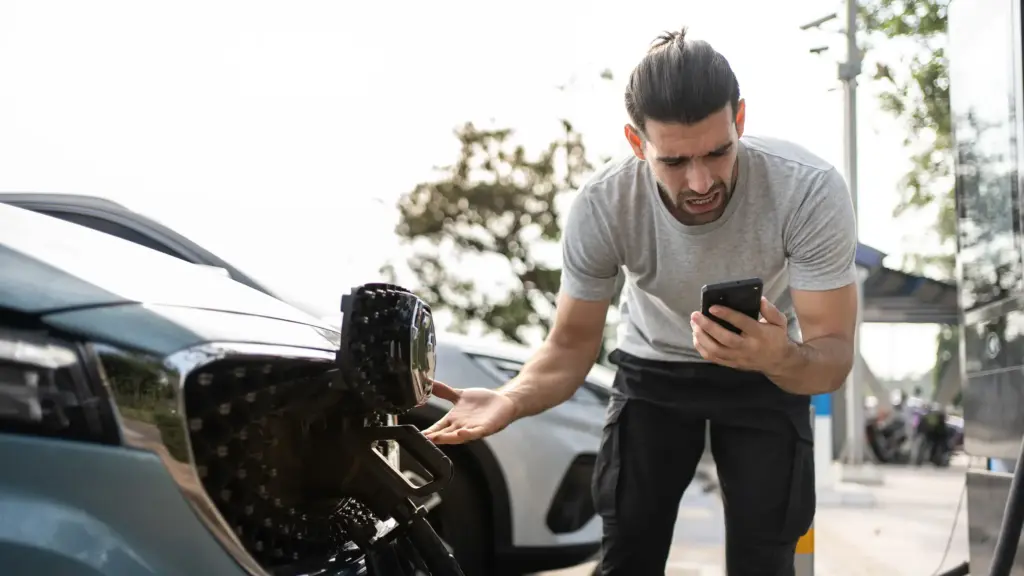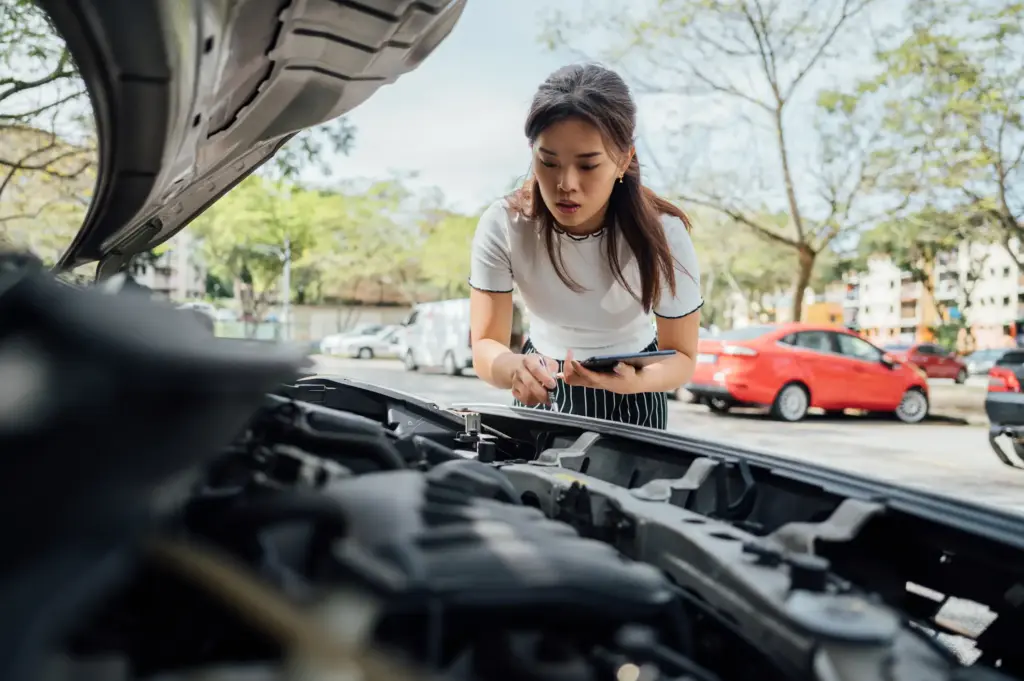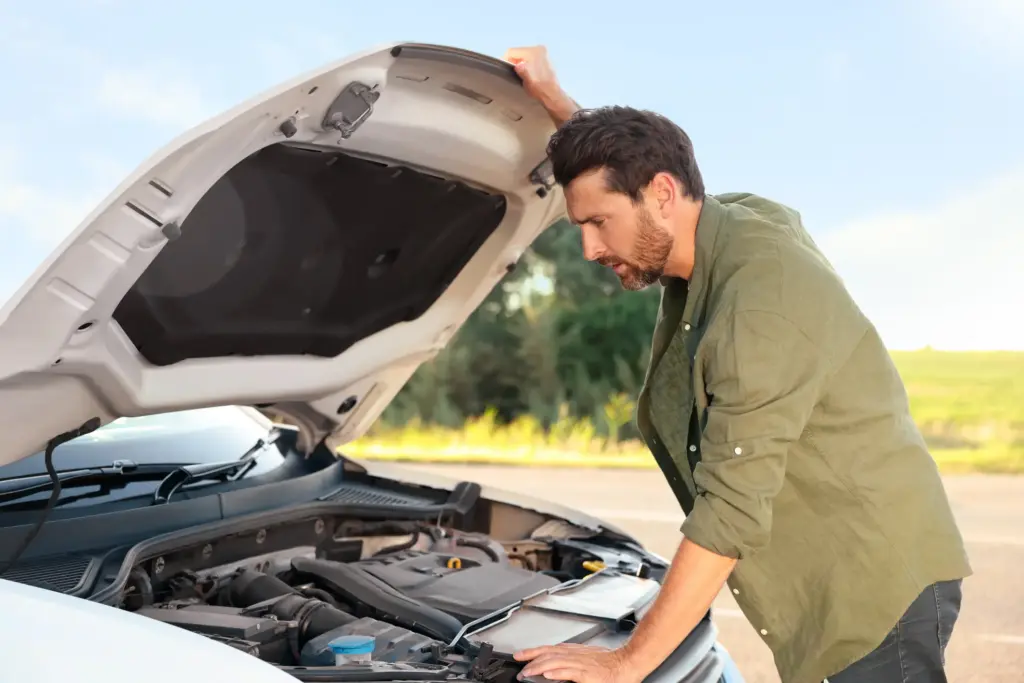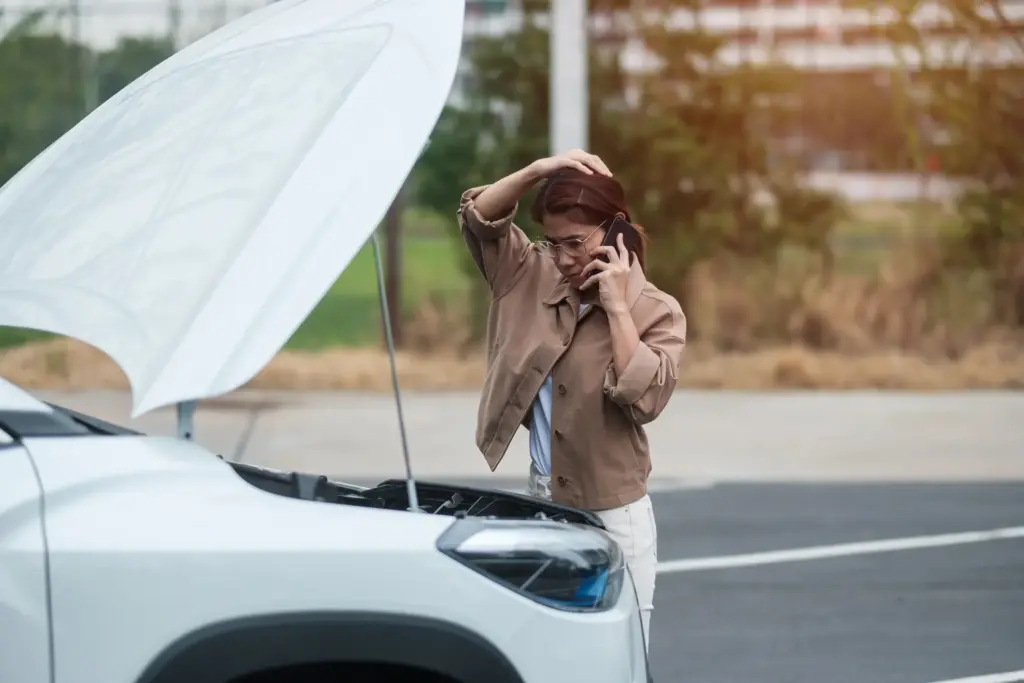California’s Lemon Law does not only apply to traditional vehicles, but it also covers electric vehicle owners who are dealing with serious and recurring issues. If you start to notice your car failing to perform as promised, you may have grounds to pursue a lemon law case. This means that you could hold the auto manufacturer at fault for the defective vehicle by seeking legal remedies.
What Is California’s Lemon Law?
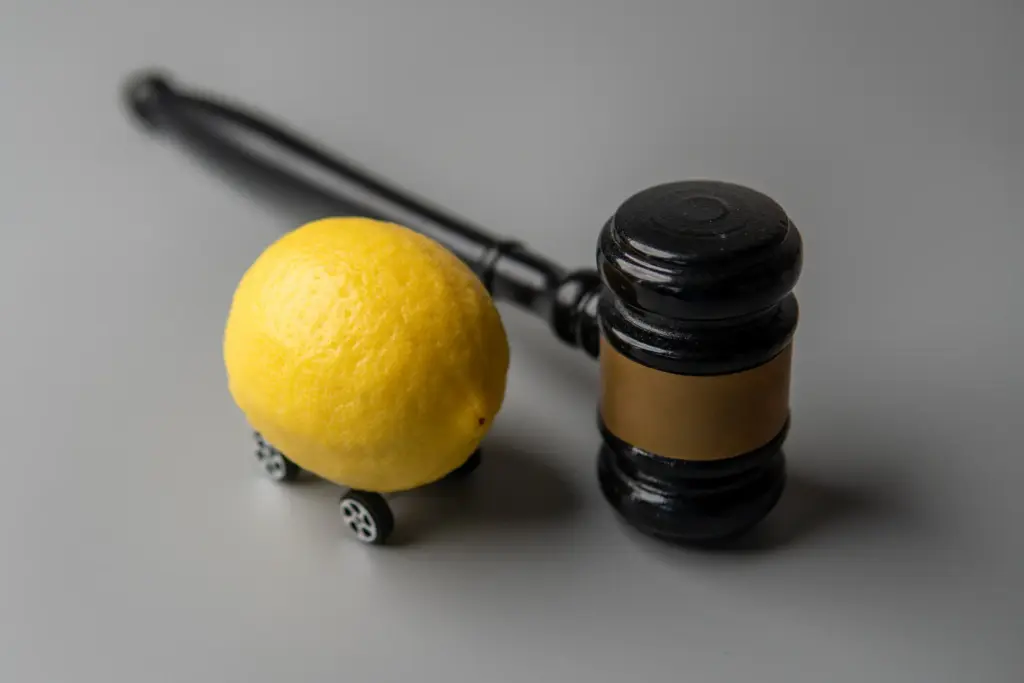
The state’s Lemon Law is considered as one of the strongest consumer protection laws in the country. It was created to protect consumers who purchased or leased new or used defective vehicles. Those affected by major flaws must get it resolved while the warranty is still running, and if it cannot be done after numerous repairs, this lemon law works by requiring the manufacturer to either give you a refund or replacement vehicle.
Does California Lemon Law Apply to Hybrid and Electric Vehicles?
California’s Lemon Law does apply to new and used electric and hybrid vehicles that are still covered under the manufacturer’s warranty. This includes:
- Battery electric vehicles (BEVs)
- Plug-in Hybrids (PHEVs)
- Fuel Cell Electric Vehicles (FCEVs)
A vehicle will qualify as long as it has a substantial defect that the manufacturer fails to fix after a reasonable number of attempts are made.
What if Your EV Is Leased?
California Lemon Laws cover leased electric vehicles, but only if it was made in the state and has warranty coverage. Your lease may be terminated if your car turns out to be a lemon. You will also receive reimbursements on the payments you made, subject to mileage deductions.
What About Used Electric Vehicles?
Used electric vehicles can qualify for Lemon Law protection as long as it is still under the certified pre-owned manufacturer’s warranty. There is no requirement enforced for the vehicle to be new, but it does need warranty coverage during the time the defect appears and repairs are attempted to have it resolved. When purchasing a used EV, it is important to check the warranty period and whether it was certified pre-owned (CPO).
Common EV Defects Covered by Lemon Law
While EV technology is advancing rapidly, it can still encounter serious and surprisingly common issues that may tamper with a vehicle’s safety and reliability. Most Lemon Laws, including California’s, cover a wide variety of persistent issues, whether they involve battery performance, charging, software, or the electric powertrain.
Battery Performance Issues
Defects pertaining to battery performance are serious and costly in electric vehicles. These cars operate with lithium-ion batteries that are stored in large battery packs, which are needed to deliver power to the motor. When the EV batteries are not performing efficiently, it can make the trip unsafe or unreliable.
A common power issue is premature loss of battery life. Most electric vehicle owners have noted that their cars lose range much quicker than expected, specifically because of excessive battery degradation, meaning that it wears rapidly even when the car itself is still relatively new. Other battery-related problems to look out for include the following:
- Charging failure, like pausing mid-way or not charging at all
- Thermal issues, where overheating may occur, thus increasing the possibility of battery fires or explosions
EV owners who deal with defective batteries or poorly designed electric batteries will not be able to comfortably travel without having to face issues during a trip. If you are experiencing either of these concerns even after multiple repair attempts are made, you may be entitled to legal relief under the law.
Charging Problems
Charging problems will often prevent owners from operating their electric cars as intended, and are related to issues tied to the vehicle’s electrical system and the battery pack. Common charging-related errors defective vehicles may exhibit include the following:
- Cannot hold a charge at all
- Charging takes longer than usual
- Inconsistent charging
- Disruptions while charging
If issues persist even after you have tried getting it fixed several times, you may want to consider your legal options.
Software Glitches
Electric vehicles rely on software to maintain control over practically everything, from climate systems and navigation to acceleration and braking. If it is not functioning properly, it can affect the vehicle’s functionality. Most EVs receive over-the-air updates, meaning new or adjusted features are synced remotely without the need to visit a dealership.
While this is convenient, it can create problems. Some updates may fail or come with a few glitches, causing the system to either crash or become unresponsive. Common problems that may occur include the following:
- Sudden reboots
- Driver-assist malfunctions
- Inaccurate charging status
- Inability to connect to GPS or Bluetooth
- System shutdown that restricts the vehicle from starting or driving
Such issues can affect the vehicle’s safety. This can be frustrating to deal with and difficult to fix. If you are experiencing software bugs and repairs have been unsuccessful, you might have the right to seek legal recourse under the state’s lemon laws.
Electric System Failures
EVs rely on electric systems to power multiple components, from the battery and motor to lighting and entertainment. If it is not functioning properly, it can impact your vehicle’s performance and make it unsafe to use. Notable issues that may arise with electric system failures include:
- Faulty wiring that prevents the vehicle from turning on
- Problems with the battery packs, restricting the user to charge or maintain power
- Inconsistent or sudden loss of power while on the road
The repair process can be daunting, especially with how time-consuming and expensive it can be. If you have taken your vehicle to get fixed for the same issue on multiple occasions, your car may be eligible for protection.
Powertrain Issues
The powertrain is responsible for operating the wheels, including the electric motors, transmission, and battery system. If this malfunctions, it can significantly affect the vehicle’s functionality, making it dangerous to drive. Notable issues that may appear include:
- Loss of power
- Slow acceleration
- Battery problems
- Strange noises
- Overheating
The repair process for powertrain-related issues can take a while to resolve, especially if major parts have been affected, like the motor or battery. Under California Lemon Laws, if the problem remains, you may be eligible to get your money back or select a new vehicle.
What Is Considered a Reasonable Number of Repair Attempts?
Although the exact number of repair attempts is not defined under the statute, under the Lemon Law, a vehicle is a lemon if, within the warranty period:
- The manufacturer made three or more repair attempts for the same problem
- The vehicle has been in the shop for 30 or more cumulative days for repairs covered by the warranty
- The defect can trigger serious or fatal injuries, and two repair attempts have been unsuccessful
The law will consider the severity of the defect, and the amount of time that has passed since the vehicle has been kept in the shop.
What Legal Remedies Are Available Under Lemon Law?
If your electric vehicle qualifies as a lemon, the manufacturer will be required to provide the following legal remedies:
- Buyback (repurchase): This means that the manufacturer will take the vehicle back and give you your money. They will pay you for the price of the vehicle, sales tax, registration and DMV fees, monthly payments made on the car loan (if it was financed), and any other costs you paid. But, they will take out a small amount for the miles you drove prior to when the issues were initially reported.
- Replacement vehicle: Instead of getting refunded, you can request a new vehicle that is similar to the one you bought, but without the defects. This will have to be the same make and model or a newer version if yours is no longer being manufactured. It will also be free of defects and covered under full warranty. You are not required to pay any additional fees. To put it briefly, you will trade in the lemon and drive off with a new, working vehicle.
If the manufacturer denies responsibility over the defective vehicle, you may pursue a claim against them. Under California’s Lemon Law, if they lose the case, they will be required to pay your attorney’s fees, along with court and legal expenses. This means you do not have to pay out-of-pocket for your attorney’s services if you prevail.
What to Do if You Have a Lemon EV
If you notice that your electric vehicle is exhibiting serious problems and you are spending a lot of time at the dealership , you might have a lemon, a car with frequent defects that has yet to be resolved even after multiple repairs have been done. Do not ignore these signs or keep waiting for the problem to go away on its own. Instead, you should consider implementing the following steps.
Keep Detailed Records of Everything
Maintain all records of paperwork pertaining to your vehicle’s problems and the number of repairs it has undergone. This specifically includes the following:
- Repair orders
- Invoices
- Service reports
- Notes made by the dealership
- Electronic communications covering scheduled appointments or complaints
These details will prove the amount of times the same issue was addressed and the length of time your car was left at the shop.
Allow the Auto Manufacturer Time to Fix the Issue
California’s Lemon Law usually requires the manufacturer or dealership to have a reasonable number of attempts to resolve the situation. This means:
- Two or more repairs for safety-related defects (i.e. battery fires or sudden loss of power)
- Three or more for non-safety-related issues (i.e. air conditioning or unresponsive screen)
- Your car is in the shop for 30 or more cumulative days
You are not expected to wait forever. If it is clear that the vehicle cannot get fixed after repeated visits, you may be entitled to Lemon Law relief.
Act Within the Warranty Period
Your electric vehicle will still have to be under the manufacturer’s warranty when the problems begin. Even if it expires later, the claim may be valid if you reported the defect during the coverage period.
Consult with a Lemon Law Attorney
Undergoing a legal claim can come with difficulties, especially if you are communicating with an EV manufacturer who does not want to take responsibility for your defective vehicle. Consulting with a Lemon Law attorney can greatly simplify the process and strengthen your position. They can:
- Assess whether your electric vehicle qualifies under the state’s lemon law
- Navigate you through the legal process
- Handle communication with the manufacturer or the dealership
- Ensure your rights are protected and that you acquire maximum compensation or receive a replacement vehicle
They will make sure your EV Lemon Law claim is being handled effectively, and will work diligently to deliver satisfactory results.
Get Legal Support for Your Defective Vehicle with West Coast Trial Lawyers Today
Filing a Lemon Law claim, especially for an electric or hybrid vehicle, may involve unique challenges that are not always presented with traditional gasoline powered cars. Issues, like battery performance and software glitches, will require the assistance of a team that understands the technical and legal factors involved in such a case.
At West Coast Trial Lawyers, our Lemon Law attorneys can evaluate your situation and determine whether your car meets the required standards to receive a refund or replacement. We will further go on to explain your rights and listen to any questions or concerns you would like to share with us without any financial commitment.
We will manage every aspect, from gathering evidence and negotiating with the auto manufacturer to submitting a claim and representing you in court if your case escalates. With legal professionals on your side, your situation can be resolved more efficiently.
To set up a FREE initial consultation, you can reach out to us by calling (213) 927-3700 or filling out our convenient online contact form. We are available 24/7 to answer phone calls and form submissions.
